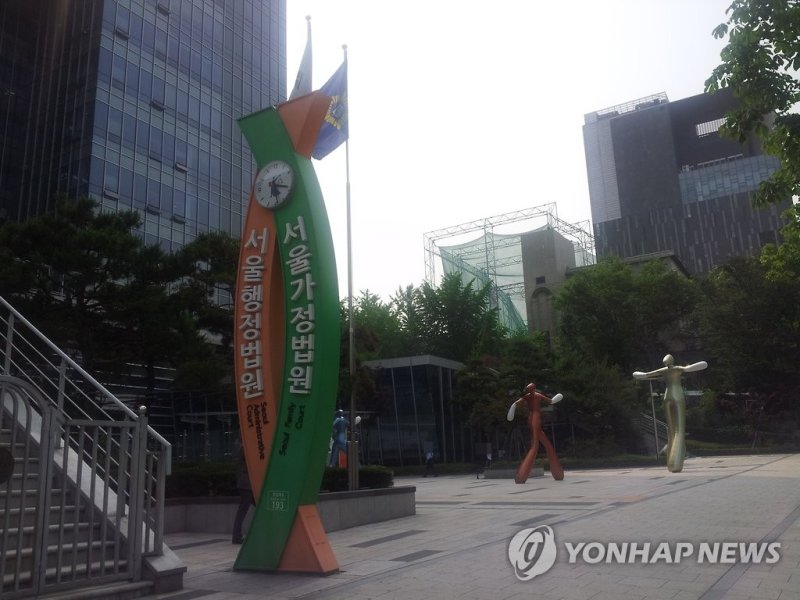Transferred from Paju to Naju After Workplace Harassment Report... Court Rules 'Separation Was Excessive Even If Necessary'
- Input
- 2025-11-17 15:34:20
- Updated
- 2025-11-17 15:34:20

[Financial News] The court has ruled that transferring an employee reported for workplace harassment from Gyeonggi Province to South Jeolla Province as a 'separation measure' was excessive. The decision was based on the lack of comprehensive consideration for business necessity and the disadvantages caused by the transfer.
According to the legal community on the 17th, the 11th Administrative Division of the Seoul Administrative Court, presided over by Chief Judge Kim Jun-young, recently ruled against the Korea District Heating Corporation (KDHC) in a lawsuit seeking to overturn a remedial decision by the National Labor Relations Commission regarding an unfair transfer.
In December 2023, KDHC transferred Employee A from the Paju Branch in Gyeonggi Province to Naju, South Jeolla Province. This action was taken after five employees at the Paju Branch reported Employee A for workplace harassment and requested protective measures. The transfer broke the company's policy of prohibiting transfers within one year, as Employee A had only been at the branch for four months.
In response, Employee A filed for relief with the Gyeonggi Regional Labor Relations Commission, which found the transfer unjustified, citing a lack of business necessity, significant personal disadvantage, and failure to follow proper procedures such as prior consultation. KDHC appealed to the National Labor Relations Commission, but the appeal was dismissed, leading the company to file an administrative lawsuit.
KDHC argued that the transfer was an unavoidable measure to separate Employee A from the complainants. However, the court sided with Employee A.
The court acknowledged the need to separate Employee A from the victims, but pointed out that an additional business necessity was required for a remote transfer, which KDHC failed to prove.
Considering the company's criteria, which prioritize recent promotees or those without remote work experience for transfers, the court found it difficult to conclude that Employee A was an appropriate candidate for remote transfer. Regarding KDHC's claim that Employee A had local ties to South Jeolla Province and experience dealing with local media, the court stated that these connections were not particularly special, nor did the role require urgent, critical, or highly specialized experience.
Regarding KDHC's assertion that Employee A had also been the subject of complaints at other branches, leading to restrictions on metropolitan area assignments, the court determined that complainant protection could have been achieved through job adjustments after placement at a metropolitan branch.
The court also considered that after the transfer, Employee A, now residing in Hwaseong-si, Gyeonggi Province, found commuting virtually impossible and incurred additional monthly expenses of about 1 million won for housing and transportation. The court noted that while economic losses might be offset by company support, inconveniences related to residence, travel, and the deterioration in quality of life due to remote work could not be fully remedied.
scottchoi15@fnnews.com Choi Eun-sol Reporter